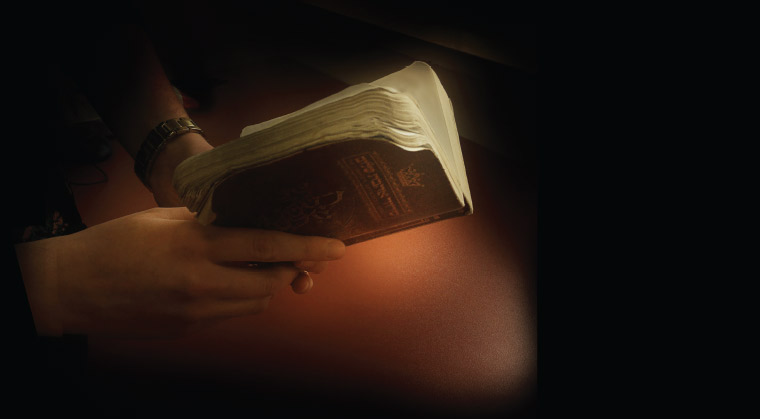The Shut Gate


Iwas 25 when I learned how to daven.
Not that I hadn’t been davening for years. I’m a card-carrying, yichus-holding member of the Club. FFB all the way.
It’s just that when I was younger, davening wasn’t my activity of choice. Davening was a duty, something I had to get through to let me move on with my day. Brachos were a formula to gabble off before the food. And Shacharis was a speedy brachosbruchshamarashrshtabachshmashmonsrei... done!
At school, of course, it wasn’t a problem. Davening was part of the day, and I joined in with gusto with all my friends. I loved the tunes and I didn’t dislike davening. But in my free time, I preferred to do something that really absorbed me, instead of mouthing pages of words for half an hour. I wouldn’t have dared say so openly to my parents, but I’d far rather have spent my time engrossed in a book.
It’s true that on the days that I didn’t daven at all, I felt clumsy, soiled. But still, for years, everything in the siddur was just words. Formulaic-mitzvos-by-rote.
Then I discovered, in early adulthood, that life didn’t always deal you lucky cards. I began to connect, to understand that the only One Who could really help was reachable through my siddur.
But even then, although I held onto His hand through my challenges and gained comfort, I didn’t value how easy it was to have a conversation with Him, how He allowed me to simply push open the gate and walk into His room. I could talk to Him any time I wanted to — no appointment, no doorman — as easy as sauntering into my father’s study and dropping onto a chair opposite him for a chat.
Until the day that I couldn’t.
Until the day He closed the gate and said, “You can’t come in.”
When my father was niftar, complications delayed the levayah, and my siblings and I were onenim for two days, with all the attendant restrictions. We couldn’t make brachos, daven, or learn. I washed for motzi without an al netilas yadayim. Forced cornflakes down without a shehakol. Stumbled through my day without a Shacharis.
The sense of rejection was enormous.
Eating without brachos gouged a hole inside me. Leaving the table without saying borei nefashos made me feel like I was no longer a Jew.
I felt abandoned, like my father had cut me off. I wanted to bang on the door, shouting, “Let me in! Daddy, please! Don’t you love me anymore? Let me in!”
And the presence of my father’s neshamah in the background pressed into stark relief how prized each mitzvah was. A message I’d heard over and over — that we don’t have forever to gather our dividends — suddenly became so real, I could touch it.
(Excerpted from Family First, Issue 608)
Oops! We could not locate your form.







